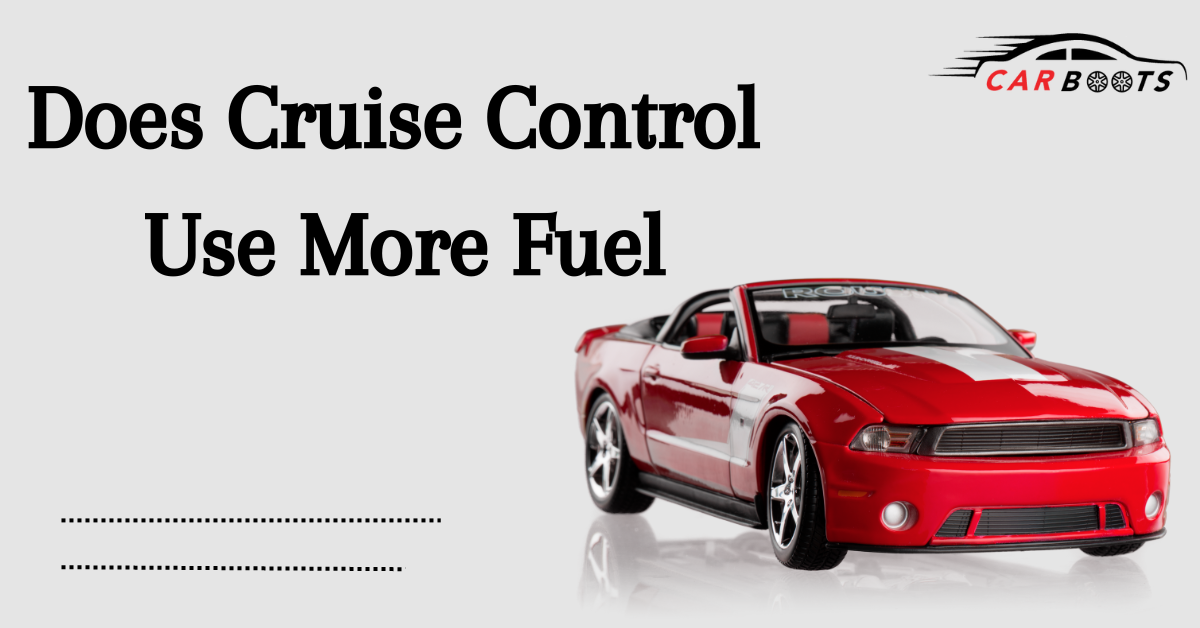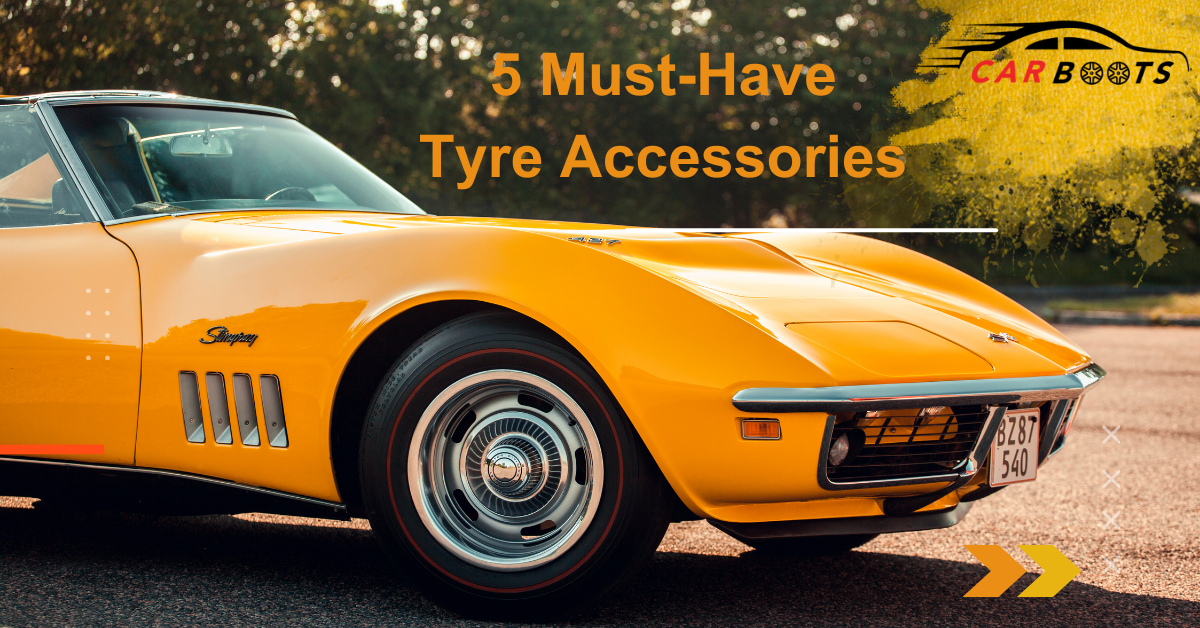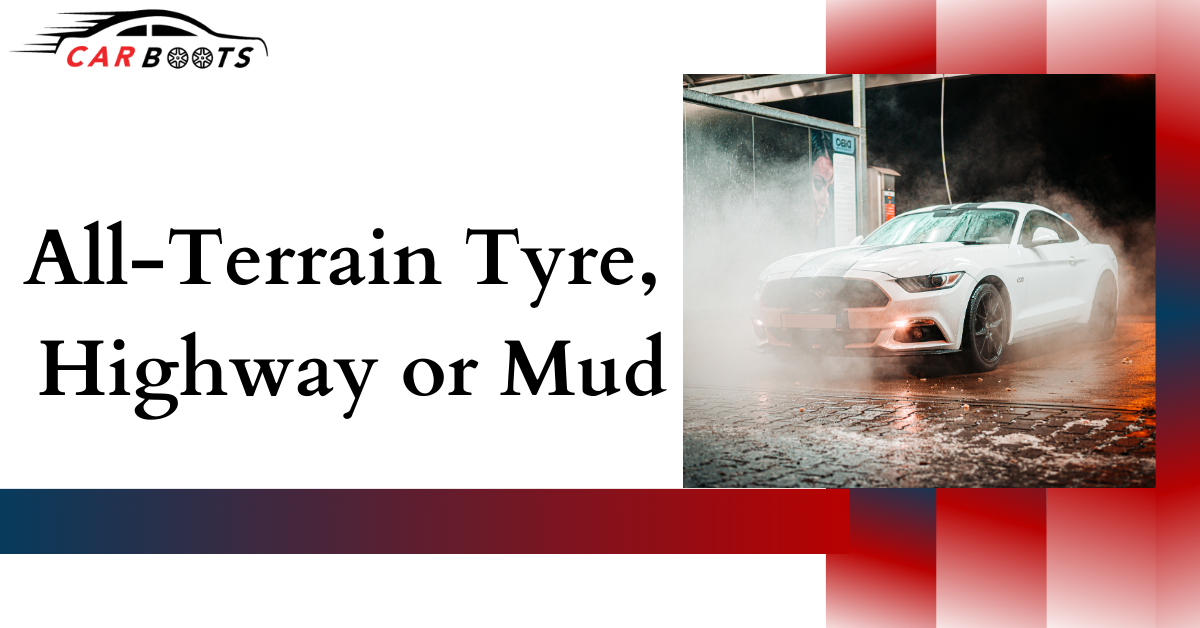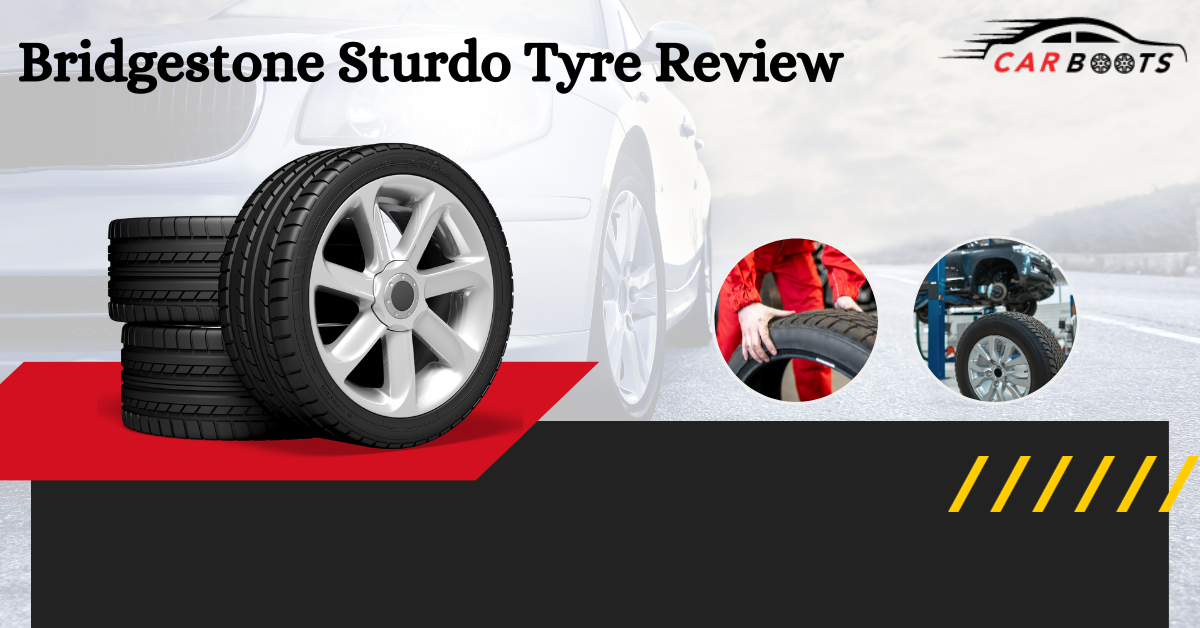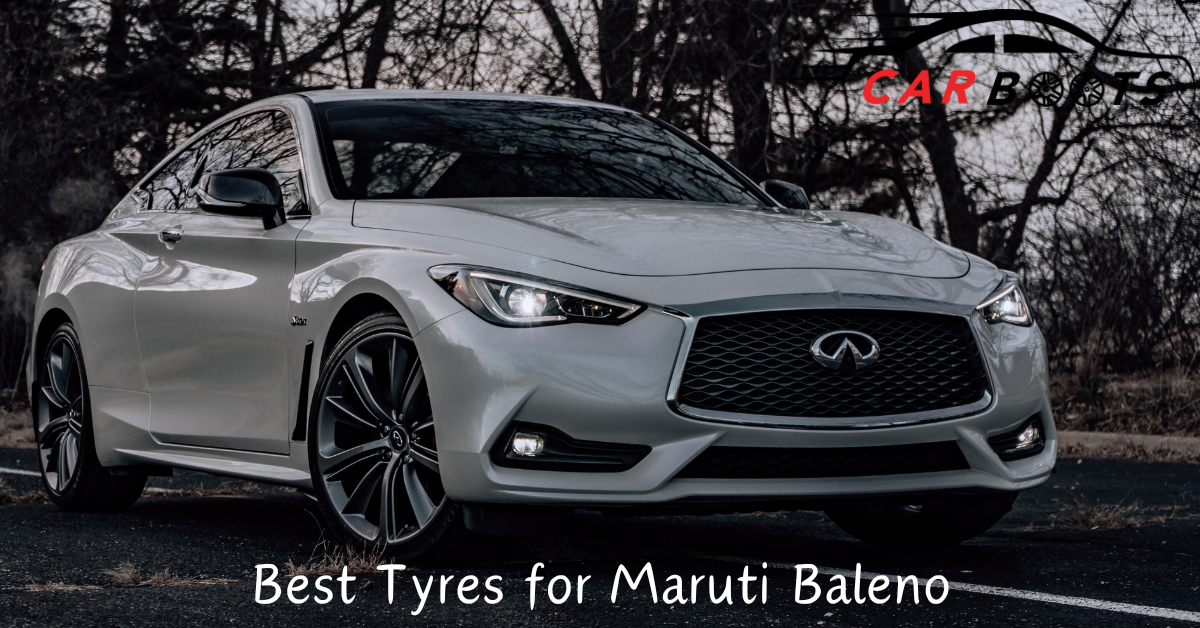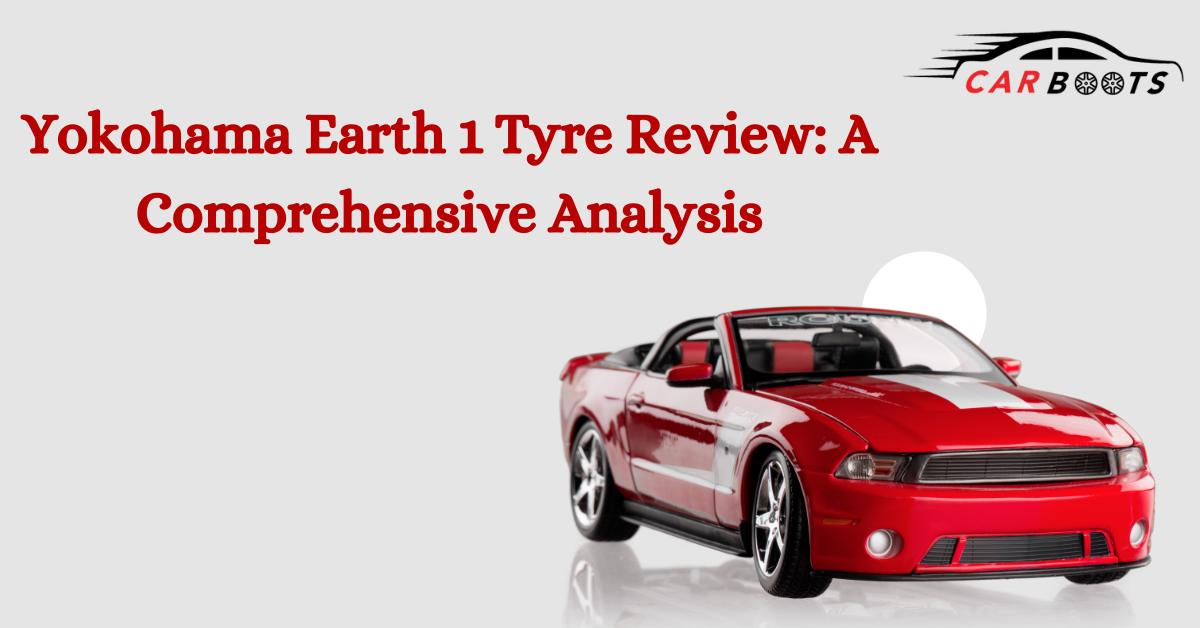Does Cruise Control Use More Fuel
Does Cruise Control Use More Fuel?
Cruise control is a technology designed to maintain a constant speed while driving. Many drivers use it for convenience, especially during long trips. However, some people believe that cruise control uses more fuel than driving without it. In this article, we will investigate this claim and provide a definitive answer.
Introduction
Cruise control is a popular feature in modern vehicles, allowing drivers to set a desired speed and relax while driving. However, some drivers have expressed concern that using cruise control may use more fuel than driving without it. In this article, we will examine the relationship between cruise control and fuel efficiency to determine if this claim is true.
How Cruise Control Works
Cruise control uses electronic sensors and a small computer to maintain a constant speed while driving. When a driver engages cruise control, they set a desired speed, and the vehicle will use the sensors to monitor the speed and adjust the throttle as needed to maintain the set speed.
The Relationship Between Speed and Fuel Efficiency
The faster a vehicle travels, the more wind resistance it encounters, which increases fuel consumption. For example, driving at 70 mph consumes up to 15% more fuel than driving at 50 mph. As such, slower speeds generally result in better fuel efficiency.
Does Cruise Control Use More Fuel?
In most cases, using cruise control does not use more fuel than driving without it. In fact, using cruise control can often result in better fuel efficiency, especially on long trips. Cruise control maintains a constant speed, which can help to reduce the amount of fuel used by the vehicle. Additionally, because cruise control is more consistent in maintaining a speed, it can help to reduce the amount of fuel wasted due to speeding up and slowing down frequently.
The Benefits of Using Cruise Control
Aside from fuel efficiency, using cruise control can offer other benefits to drivers. For example, it can help to reduce driver fatigue on long trips, allowing drivers to maintain a more comfortable position and relax more while driving. Additionally, it can help to reduce the risk of speeding tickets, as the vehicle will maintain a constant speed without the need for the driver to constantly monitor the speedometer.
Tips for Maximising Fuel Efficiency with Cruise Control
While using cruise control can often result in better fuel efficiency, there are some tips that drivers can follow to further maximise their fuel economy. For example, drivers can:
- Avoid using cruise control in heavy traffic or hilly terrain, as this can result in more frequent acceleration and deceleration, which can reduce fuel efficiency.
- Use cruise control on flat, straight roads with light traffic to help maintain a constant speed and minimise fuel consumption.
- Avoid using cruise control at high speeds, as this can result in increased wind resistance and higher fuel consumption.
Common Myths About Cruise Control and Fuel Efficiency
There are several common myths about cruise control and fuel efficiency that are important to dispel. For example, some drivers believe that using cruise control will damage their vehicle’s engine or transmission. However, this is not true. Cruise control is designed to be safe for the vehicle and will not cause any damage when used properly.
Conclusion
In conclusion, using cruise control does not use more fuel than driving without it. In fact, it can often result in better fuel efficiency, especially on long trips. While there are some tips that drivers can follow to further maximize their fuel economy,
While there are some tips that drivers can follow to further maximize their fuel economy, such as avoiding heavy traffic or hilly terrain, using cruise control on flat, straight roads with light traffic, and avoiding high speeds, the overall impact of cruise control on fuel efficiency is positive.
Using cruise control can also offer additional benefits such as reducing driver fatigue on long trips and reducing the risk of speeding tickets. Therefore, drivers should feel confident using cruise control to help them maintain a constant speed while driving and potentially save money on fuel costs.
FAQs
Will using cruise control damage my vehicle’s engine or transmission?
No, cruise control is designed to be safe for the vehicle and will not cause any damage when used properly.
Is it better to use cruise control on highways or in the city?
Cruise control is most effective on highways or other straight, flat roads with light traffic. It may not be as effective in city driving or on hilly terrain.
Will using cruise control always result in better fuel efficiency?
While using cruise control can often result in better fuel efficiency, there may be situations where it is not as effective, such as in heavy traffic or hilly terrain.
How much fuel can using cruise control save?
The amount of fuel that using cruise control can save will depend on a variety of factors such as driving speed, terrain, traffic conditions, and the vehicle itself.
Is cruise control a necessary feature for all drivers?
While cruise control can offer convenience and potentially save money on fuel costs, it is not necessarily a necessary feature for all drivers. It ultimately depends on individual driving habits and preferences.


